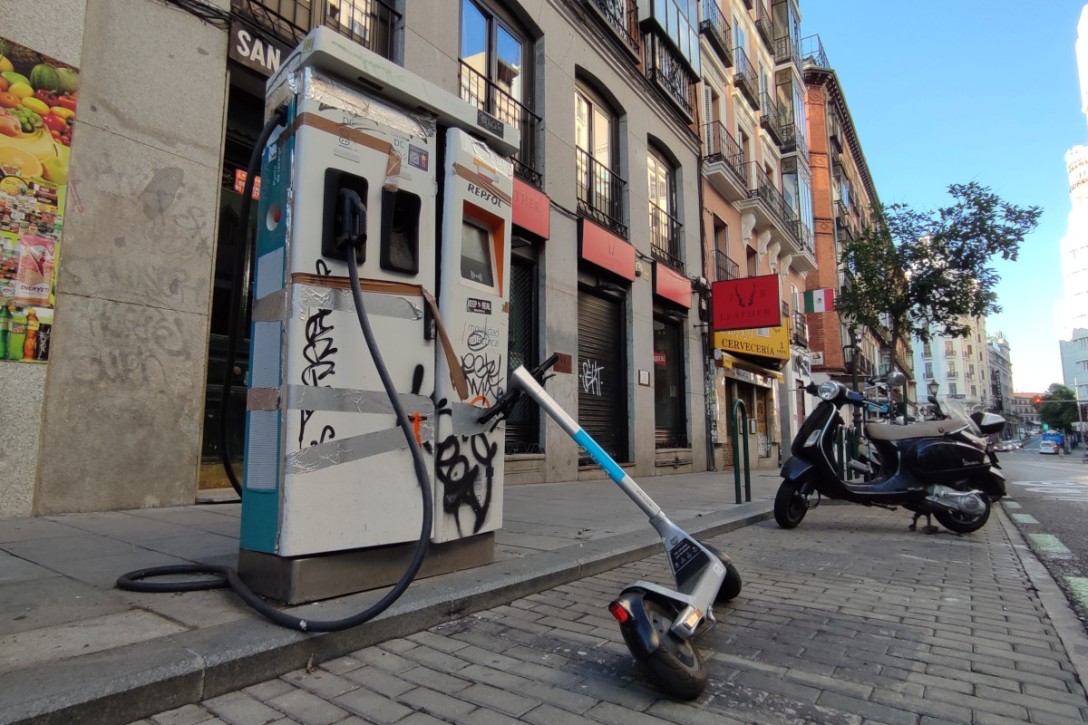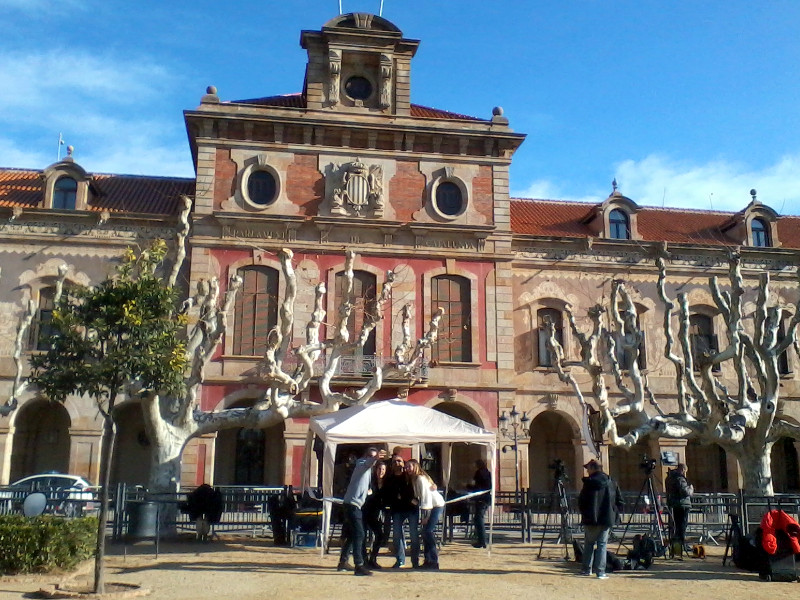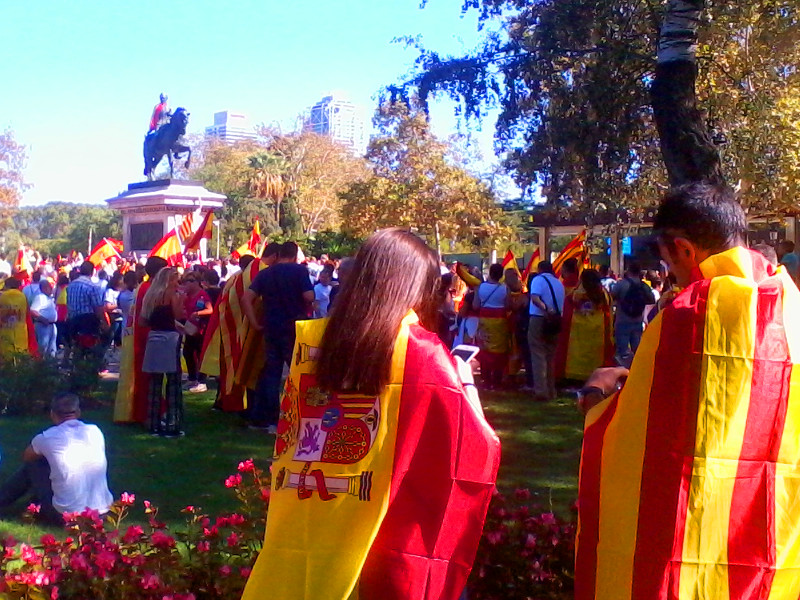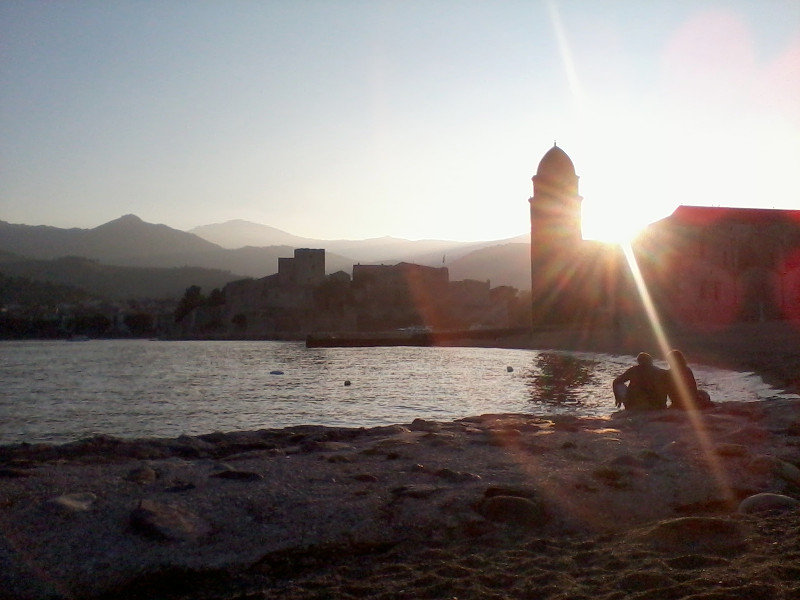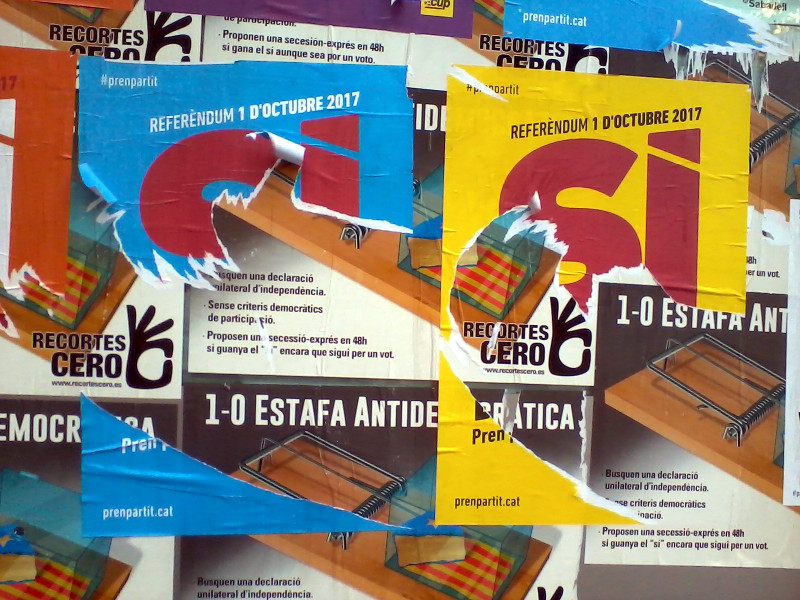Reflections upon reading Mary Ann Sieghart’s book, The Authority Gap.
The basic premise of the book is that women have to work harder than men to earn the same authority. Both as influence through expertise and as the power exercised in leadership. I do not disagree with this premise, nor that it is suboptimal socially and economically, nor that it is rooted deeply in social constructs and biases, nor that it is, frankly, unfair. Which personally meant a lot of wading through self-evident evidence in search of the real gems of insight. Of which there are a few, although – spoiler alert – almost the whole of Sieghart’s core argument fits onto page 280. This is quite a simplistic read.
Continue reading “The Authority Gap”
